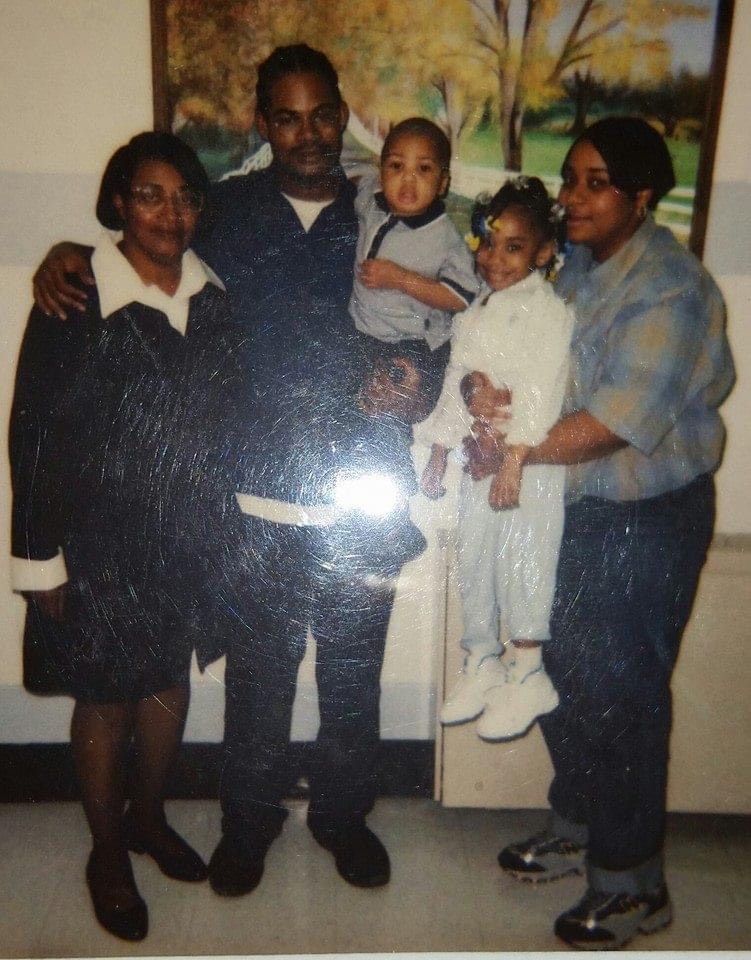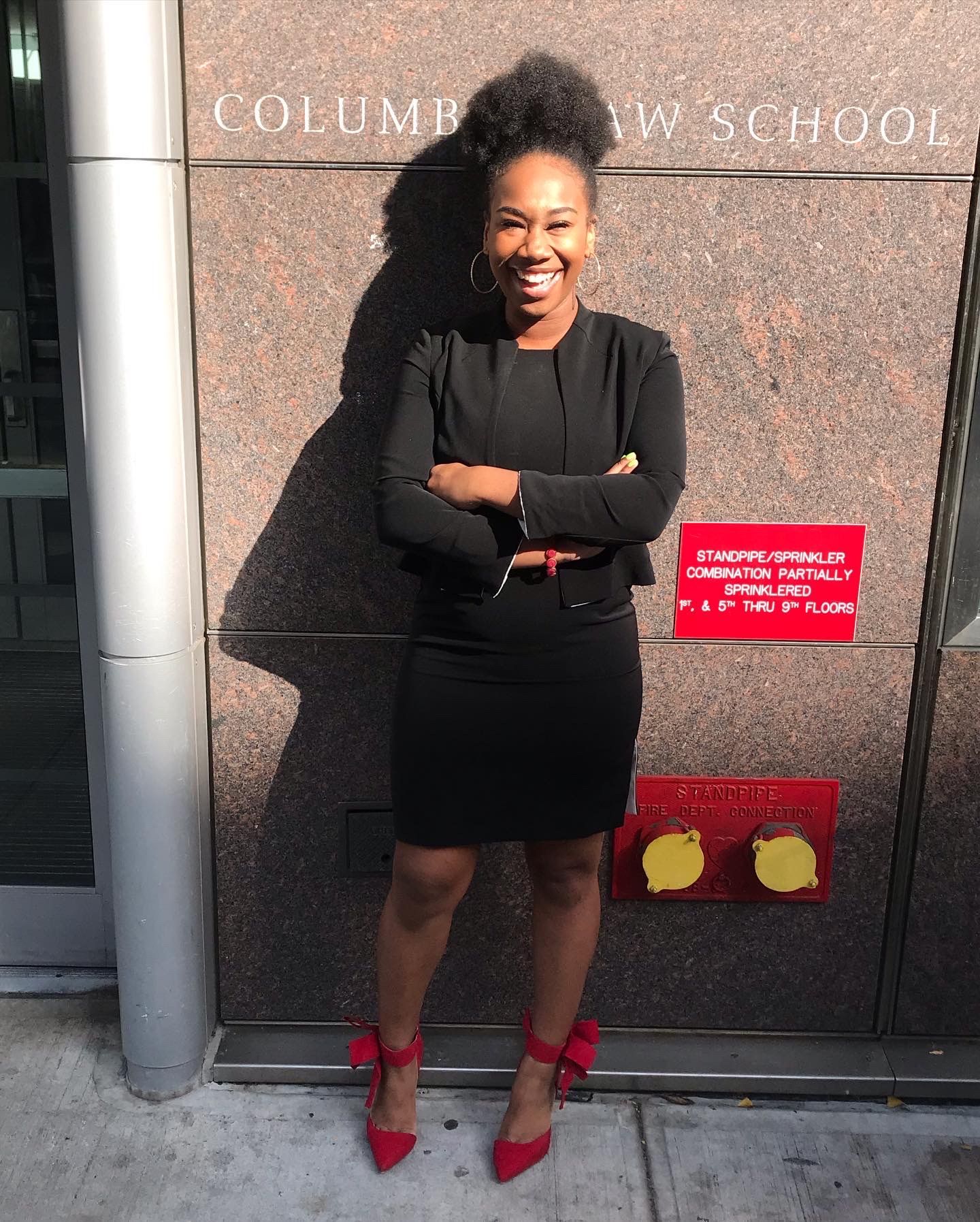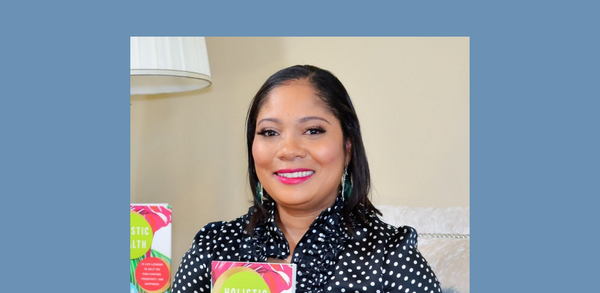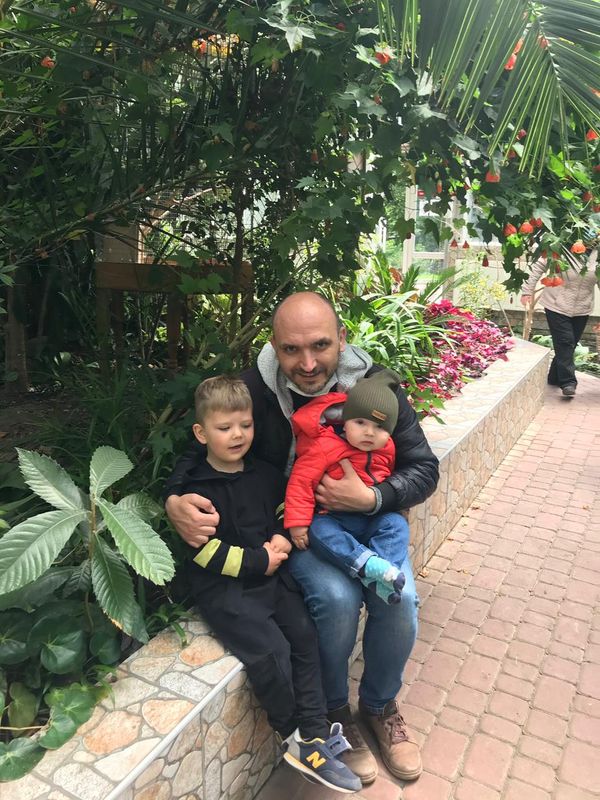She Tragically Lost Both Parents, but Made It on Her Own.
Chiquita Jackson shows us that if she can make it, anyone can.
By Victoria Oldridge
She's a young woman whose entire life trajectory has been stacked against every odd, but her steely will to break her family's generations-long cycle of hopelessness, makes Chiquita Jackson a true inspiration.
Truffld: Tell us about some of your obstacles that you experienced early on in college.
Chiquita: I was born and raised in Detroit, MI, up until I was 17 and decided to leave to University of Kansas originally, and I transferred due to the fact that it was really difficult being a Black woman student leader in a predominantly white institution campus. I was finding myself encountering a lot of hurdles advocating for minorities and wanting to create spaces for them with the university administrators trying to hold me back. Being unapologetic, showing my authentic self, it caused a lot of people to be uncomfortable. I launched Straight Talk Series on campus, and our first topic was retention rates because I wanted to figure out why minority students were taking five-six years to graduate, while white students were finishing in 3-4 years – when I was able to get the chancellor of the school to attend that event, the other administrators realized, 'Oh, she's really challenging us and moving forward with her agenda.'
I transferred to Columbia College in MO in the fall of 2018, did a semester there, and decided to go to D.C., applied to 100 internships before I was offered an opportunity to twenty, chose the Aston Institute, and became a William Hearst fellow in the spring of 2019.
Truffld: How did the tragic loss of your parents during your first two years of college impact your subsequent path?
Chiquita: A week into my freshman year of college in 2012, my dad was murdered. I was in my dorm room, had just gotten out of the shower, and my uncle showed up to tell me. I went back to Detroit to bury my father and returned to school but I was completely distraught. I had to deal with the loss largely on my own, but I was able to get through it because I had my mom who was my rock – I could confide in her, and she was doing her best to console me but it was difficult for her with me being in another state, so after 2013 I decided to take a break from school to get my mental health together.
In 2014 my mom was in a domestic dispute with her boyfriend at the time and he set her on fire. Being the next of kin, I had to leave Kansas, go back home, and make the difficult decision to discontinue life support because my mom wasn't showing any progress or recovery; I was 19, the oldest of six kids, and planning my mom's funeral. Later on, I had to take another year off of school, but I didn't want to take too long because there's the chance I wouldn't have ever gone back and that's not what either of my parents would have wanted. It was still tough going back to school, and I had my breakdown moments, but once I told myself that I had my siblings and my parents were looking down at me, I had to push for it.

Truffld: Your upbringing was challenging, to say the least. What are some of the pivotal moments that galvanized you to change course?
Chiquita: My mother and father struggled financially and had a tough time being able to take care of me, so I had to rely a lot on student loans, financial aid, and scholarships. A lot of my family members, I hate to say it, were upset with me for leaving Detroit and going away to college, so no one would support me. I was trying to break generational curses. I'm a first generation high school graduate and now I'm a first generation college graduate. Since I lost my parents, I've lost grandparents, an aunt who made my high school prom dress, a lot of other people, so none of these people who were so important in my life were able to see me walk across the graduation stage.
My mom had a difficult upbringing herself, so she had a tough time being a mother for us. My grandmother had my mother at age 14, so my mom practically raised her own mom, and then my mom had me at age 19, so I lost my mom at the age she had me. As an educated person, I researched things and became more aware about my parents' mental health. I realized that my mom suffered with certain issues where she was always crying or upset or worried about me because she always wanted the best for me and feared that it would be difficult for me to achieve things given our environment in Detroit and the lack of opportunity and money. There were a lot of things going on in our family that gave me the motivation to want to make my mama proud, to make my mama smile. I remember talking to her about college and she used to be so excited to hear about my classes and my extracurricular activities, so she was able to hear a bit about my college journey before her passing.
Truffld: How have you been able to influence your younger siblings, especially as you're really their primary role model?
Chiquita: I wanted my brothers and sisters to look at me and see a representation of what they can become. I didn't want them to look at other grownups around us and not see a way out and feel stuck – for them to know that if I can do it, they can, and that I can provide them with the support they need, unlike the situation I had growing up.
My sister is in high school and I'm already having the conversation about college with her. She looked at my graduation pictures recently and that's when she decided that she really wanted to go to college because she realized, 'that person in the photo, that could be me.' I talk to my siblings and cousins about priorities, preparation, financial literacy. Once I get my 18 year-old sister in to college, our family will have two college graduates, and then hopefully my nearly sixteen-year-old twin brother and sister will have someone to look up to. Now that my cousins have seen my college success, they're realizing that they want to follow suit. That's all I ever wanted for them.

Truffld: You have a lot of ambition and exciting chapters ahead. What's next?
Chiquita: I just submitted ten applications to law schools and I really want to go to the University of District of Columbia because the civil rights and social justice environment is a place where I can thrive the most and create community change – it's addicting and I love it. I see myself as a civil rights attorney and practicing immigration law on the side because here in D.C. I've seen a large Caribbean and African population that needs these services. Thurgood Marshall is my idol, so my ultimate goal is to be a U.S. Supreme Court Justice. I'd also like to create a college in my home state of Michigan, an Historically Black University and College (HBCU).
I'm not the type of person to give up on myself or my community. I've lost a lot of people close to me, but I'm a Black woman, and seeing the suppression and racial disparity, and disenfranchisement, I want to combat that and ensure that those things won't limit future generations. I came from Section 8 affordable housing where my mother couldn't always provide food for us. We deserve true equality, and I feel liberated sharing my story because if I can do it, anyone can.



